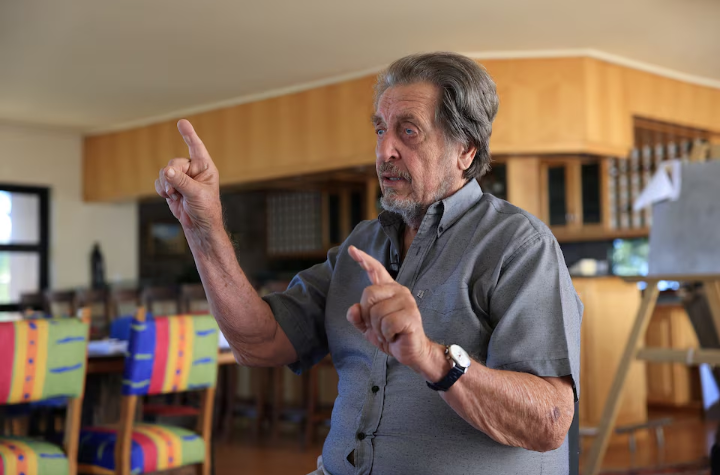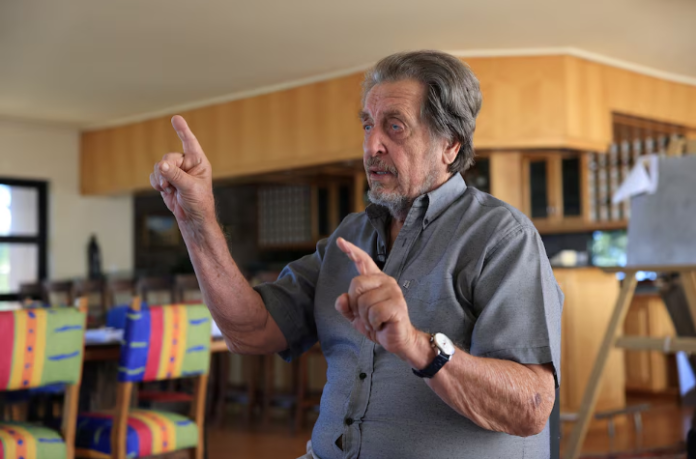In a surprising twist of political diplomacy, Errol Musk, the father of billionaire entrepreneur Elon Musk, claims to have arranged an unexpected phone call between his son and South African President Cyril Ramaphosa. This conversation comes in the wake of escalating tensions sparked by controversial land reform laws and a public threat from former U.S. President Donald Trump to cut off financial aid to South Africa.
According to Errol Musk, a 78-year-old engineer residing in a luxury coastal home in Langebaan, South Africa, the request came directly from Bejani Chauke, one of Ramaphosa’s advisers. The call between Ramaphosa and Elon Musk reportedly took place shortly after Trump accused the South African government of targeting white landowners through land confiscation policies—a claim that sent shockwaves through the country’s financial markets.
“I was asked if I could set up a quick conversation between Ramaphosa and Elon last night… so I did, and they spoke a few minutes later,” Errol Musk shared in an interview with Reuters. He even displayed WhatsApp messages with Chauke to corroborate his story. However, Chauke did not respond to media inquiries, and Ramaphosa’s office merely confirmed that the call took place without elaborating on how it was arranged.
Trump’s Threat and Market Fallout
The catalyst for this behind-the-scenes diplomacy was a social media post by Donald Trump on Sunday. Without providing evidence, Trump claimed that South Africa was seizing land and mistreating specific groups of people. He threatened to cut over $400 million in U.S. funding to the country in response.
This announcement triggered immediate market reactions, with South Africa’s rand falling nearly 2% and government bonds taking a hit. The cost of insuring the nation’s debt also spiked to its highest level since August 2024.
Trump’s claims targeted a land reform bill recently signed by Ramaphosa. The bill allows for land expropriation without compensation under certain conditions, aiming to correct racial disparities in land ownership that have persisted since apartheid. Despite the law’s intentions, critics like Musk and many white farmers argue that it unfairly targets white landowners.
Elon Musk Joins the Debate
Elon Musk, born and raised in South Africa before moving to the U.S., echoed Trump’s sentiments on his social media platform, X (formerly Twitter). He accused the South African government of enforcing “openly racist ownership laws,” further fueling the controversy.
While Elon Musk has remained silent on the specifics of his conversation with Ramaphosa, Errol Musk speculated on what his son might have said. “I can only imagine that Elon would have told Ramaphosa, ‘We want to help, but you need to stop this war on white people in South Africa,’” Errol commented. He also suggested that his son might have drawn parallels to Zimbabwe’s disastrous land seizures under the late President Robert Mugabe in the 2000s, though this could not be confirmed.
The Bigger Picture: U.S. Aid and South Africa’s Land Reform

Errol Musk also questioned the rationale behind U.S. financial aid to South Africa, particularly the nearly $500 million allocated annually, with $315 million directed toward HIV/AIDS programs. “I would like to know why American taxpayers have to pay nearly $500 million a year for treatment for South African HIV sufferers. Why?” he asked rhetorically, echoing a sentiment shared by Trump supporters questioning U.S. foreign aid policies.
Ramaphosa, for his part, responded diplomatically to Trump’s allegations. He clarified that no land had been confiscated and expressed willingness to engage with the former U.S. president to clarify the goals of the land reform policy.
The South African government maintains that the reforms are essential for equitable land distribution in a country where white landowners still control 75% of freehold farmland, despite making up only 8% of the population. Meanwhile, Black South Africans, who represent around 80% of the population, own just 4% of the land.
Final Thoughts
This unexpected intersection of politics, personal influence, and social media highlights the growing power of individuals like Elon Musk in shaping international discourse. Whether this phone call will ease tensions or deepen divisions remains to be seen, but one thing is certain: the world is watching.



